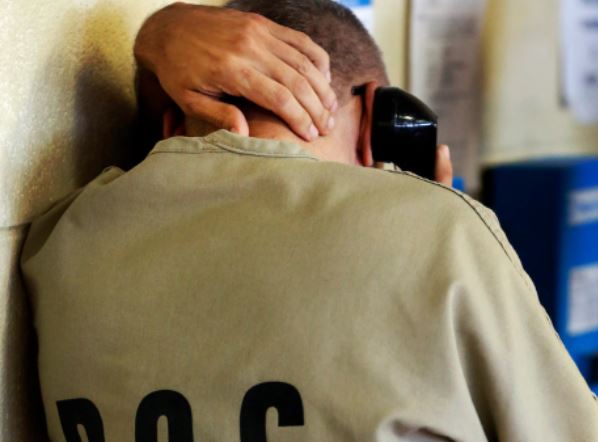The Federal Communications Commission in 2015 made some progress on capping rates and cutting some fees, but the rapacious prison phone providers responsible for driving prices so high in the first place have managed to find ways around many of the fee restrictions. Meanwhile, a court struck down the rate restrictions in 2017, holding that the agency could regulate only interstate fees — which historically has pushed intrastate fees even higher. Though the FCC has found a clever technical workaround involving calls in “indeterminate jurisdictions” that allows it some leeway, its authority has been in limbo ever since. That’s where a bipartisan bill introduced by Sens. Tammy Duckworth (D-Ill.) and Rob Portman (R-Ohio) comes in. The Martha Wright-Reed Just and Reasonable Communications Act, which passed committee this week, would authorize the FCC to mandate that prisons, jails and detention centers offer “just and reasonable rates” for their occupants. Better yet, the bill includes video calls, which are increasingly common.
What counts as “just and reasonable”? Many would say the only fair price is none at all. Studies have shown that close touch with family members reduces recidivism — so enabling these conversations could end up saving taxpayers money. But such an outcome is unlikely, and an amendment passed to allay opposition to the bill from law enforcement groups requiring the FCC to take security and safety costs into consideration doesn’t help. States have more room to drive down rates to zero; Connecticut already has done just that for phone calls, video calls and emails, and New York is considering the same. The Senate shouldn’t hesitate to approve Ms. Duckworth and Mr. Portman’s bill, and should the bill pass, the FCC should take the fullest advantage of its expanded powers. Yet elected officials all over the country must also do even more.



